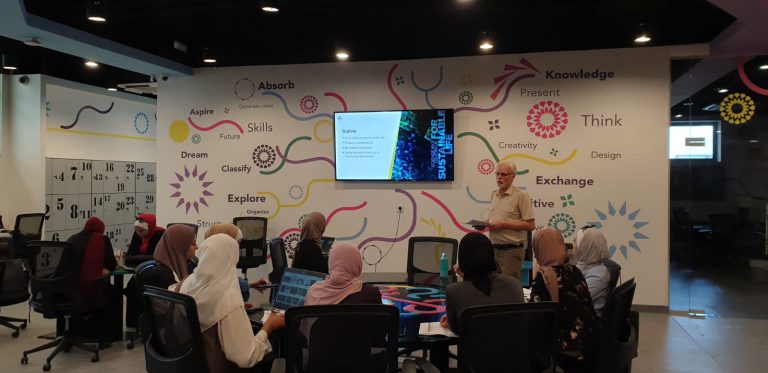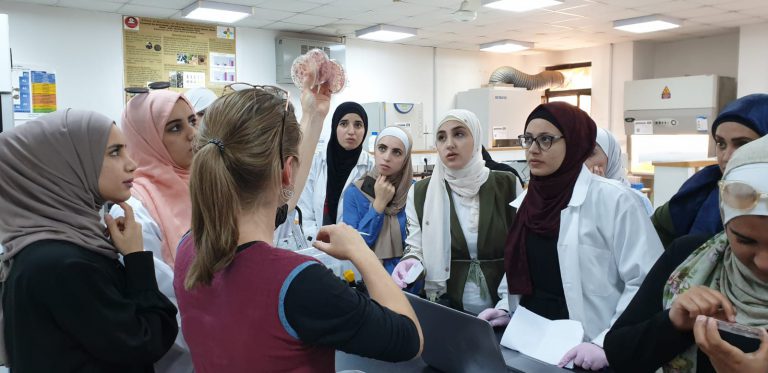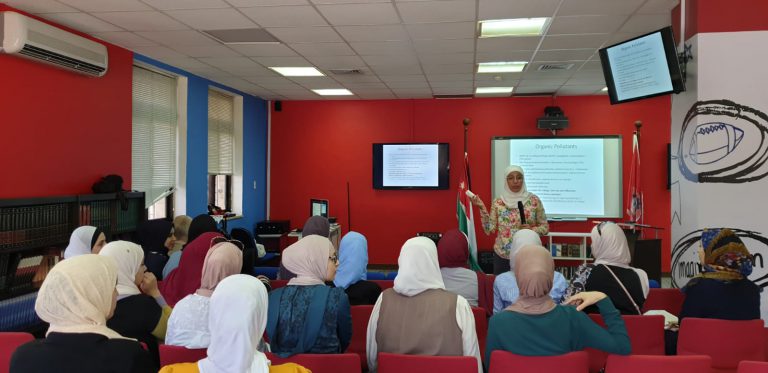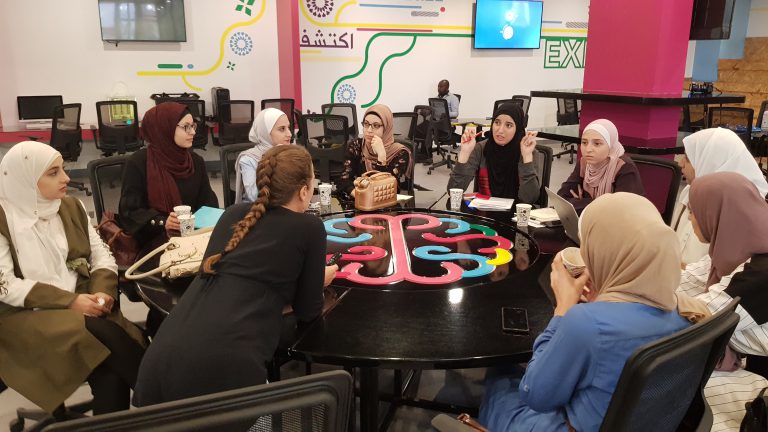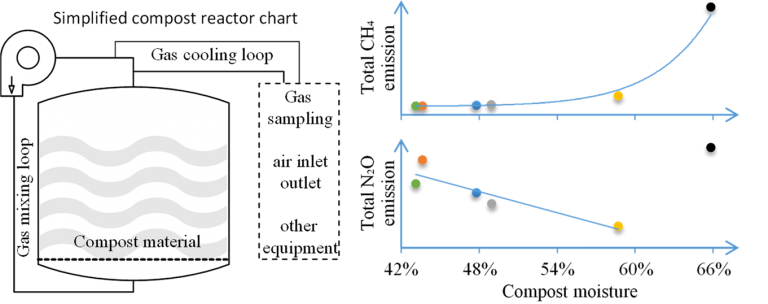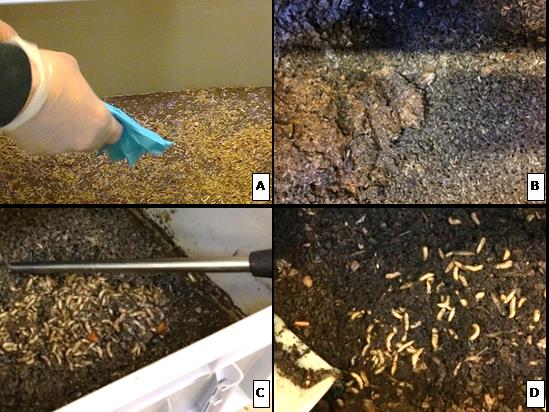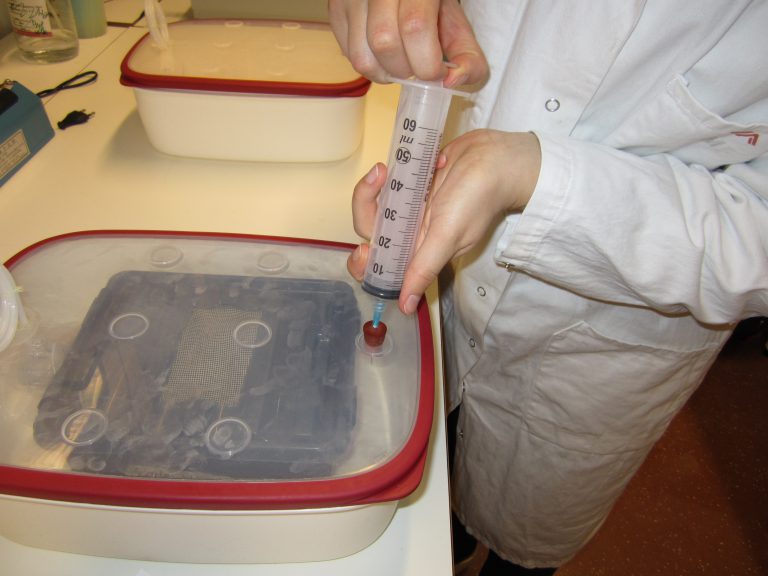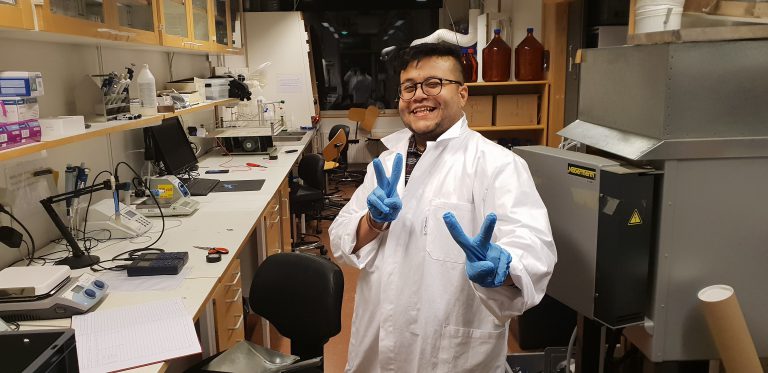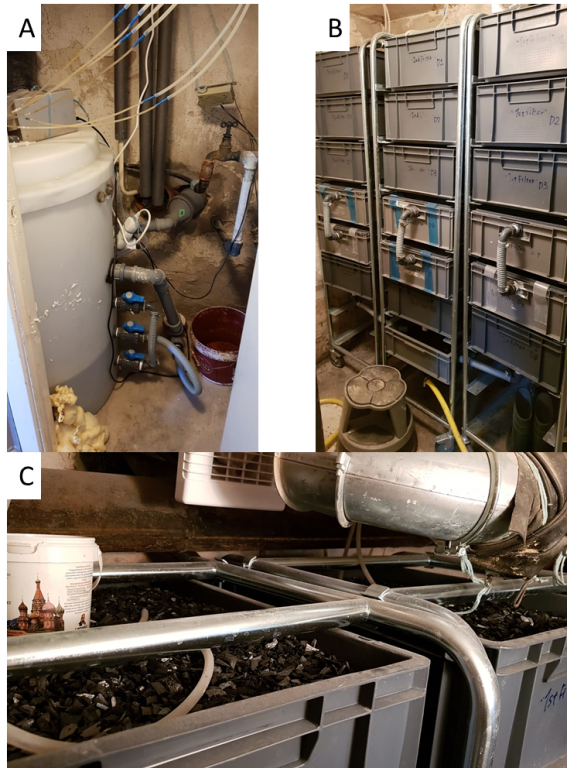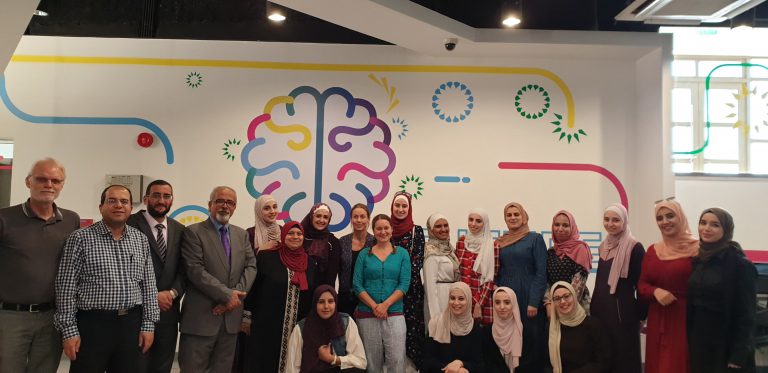
We were at the Hashemite University in Jordan last week, teaching a group of young students how we can safely recycle different household waste fractions. As part of this week-long course, we organised a day of interactive seminars and a role playing game to improve awareness among the students about the psychology, decision making, and socio-technical aspects of recycling waste.


